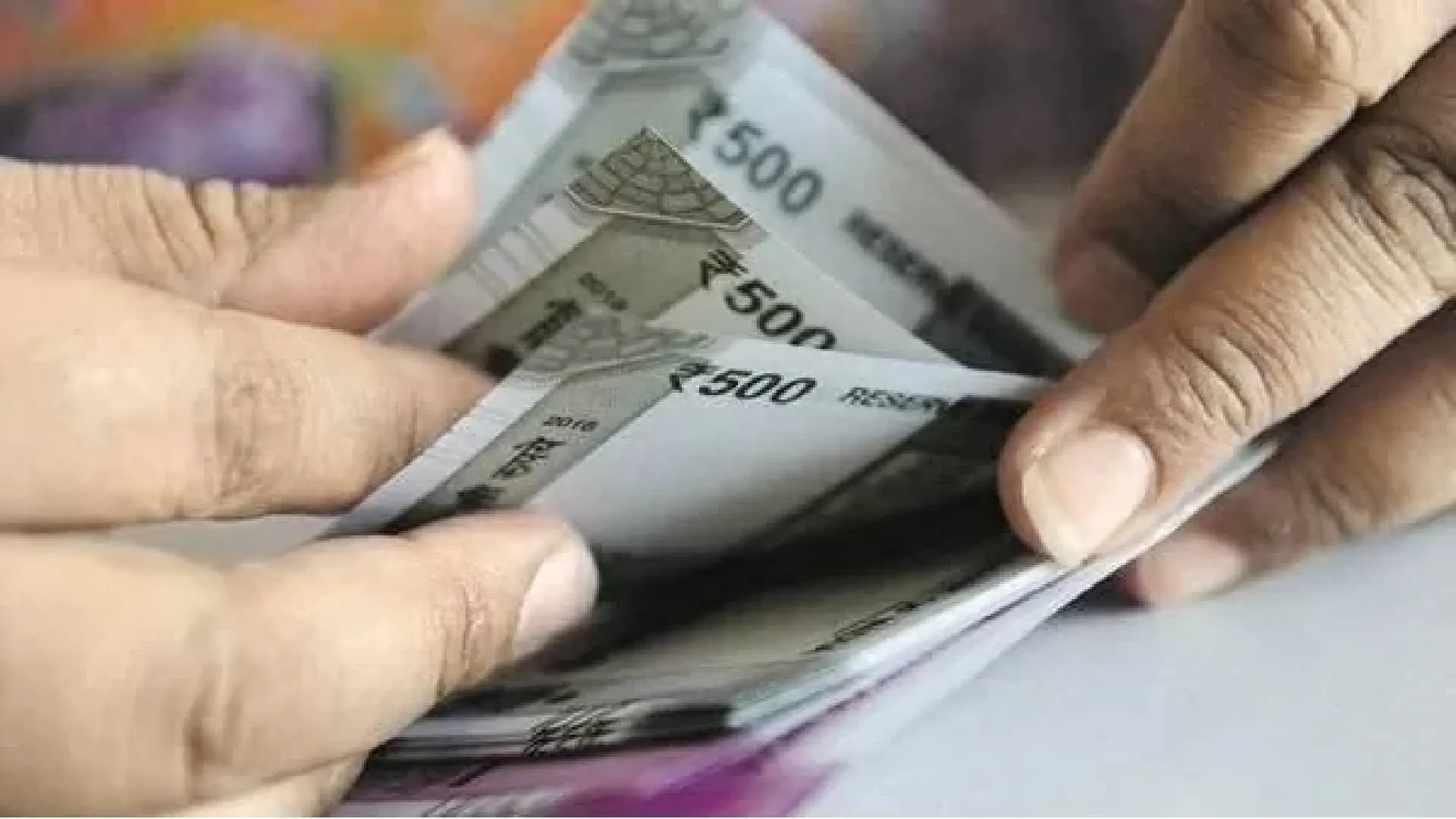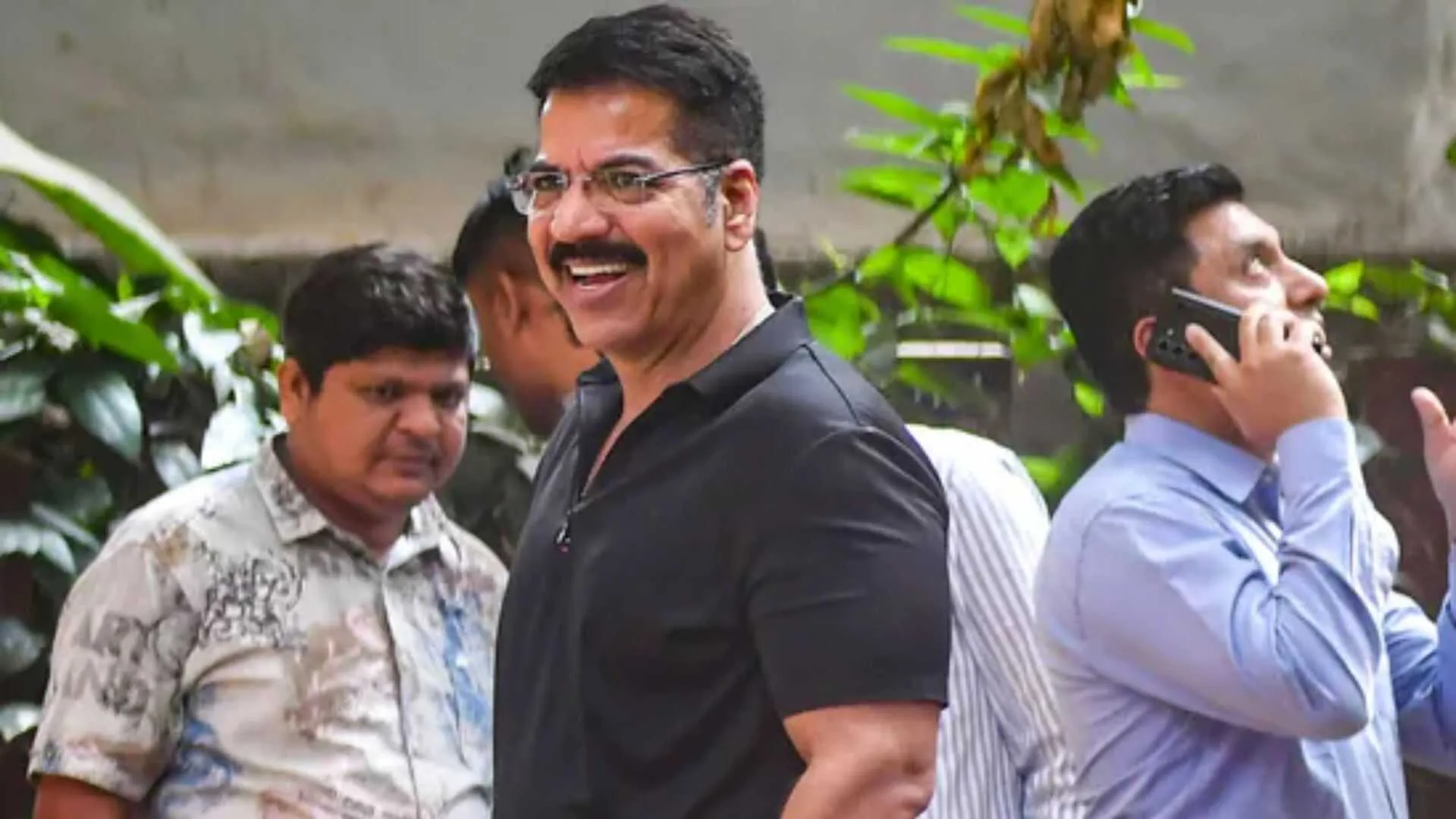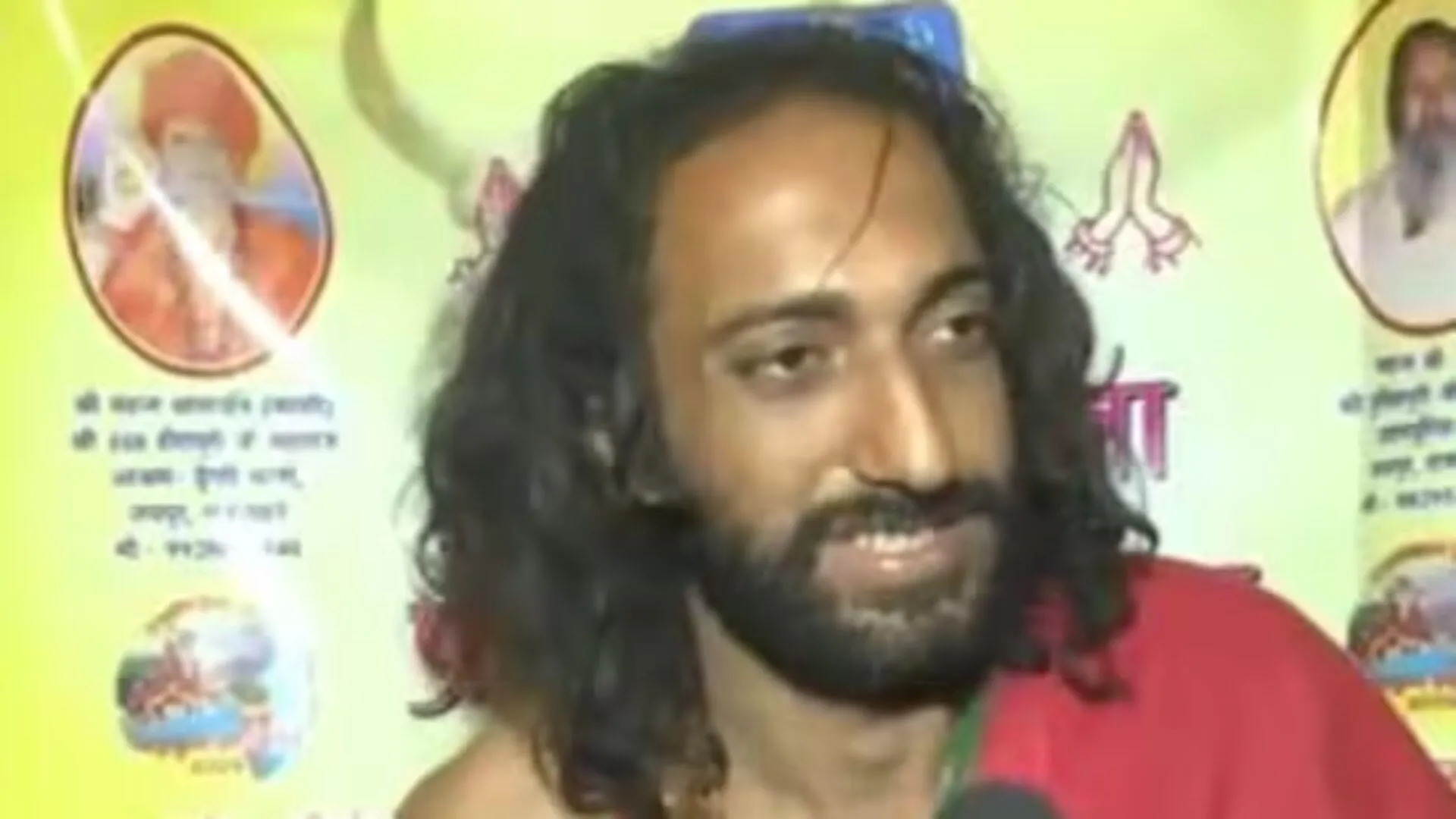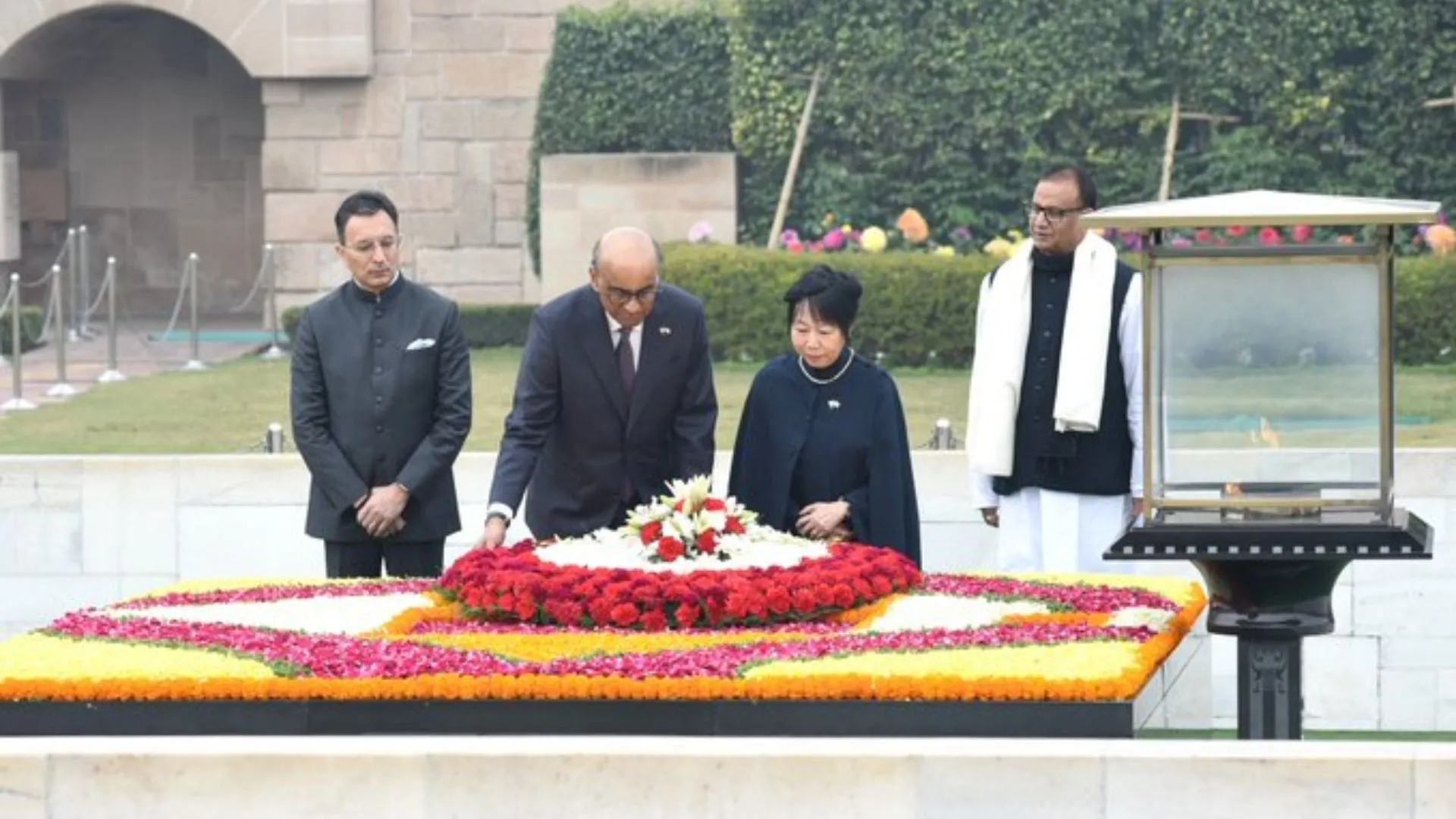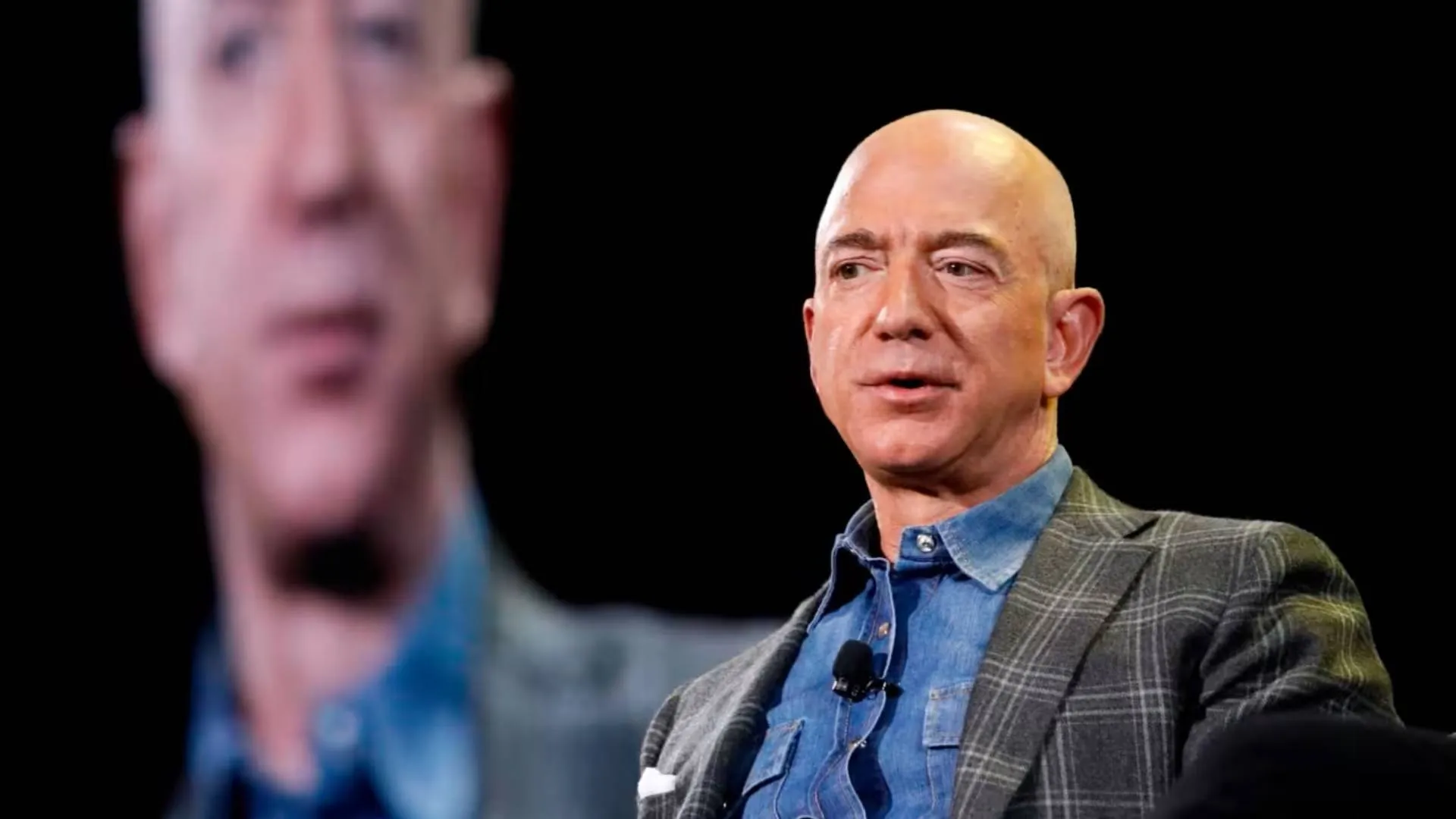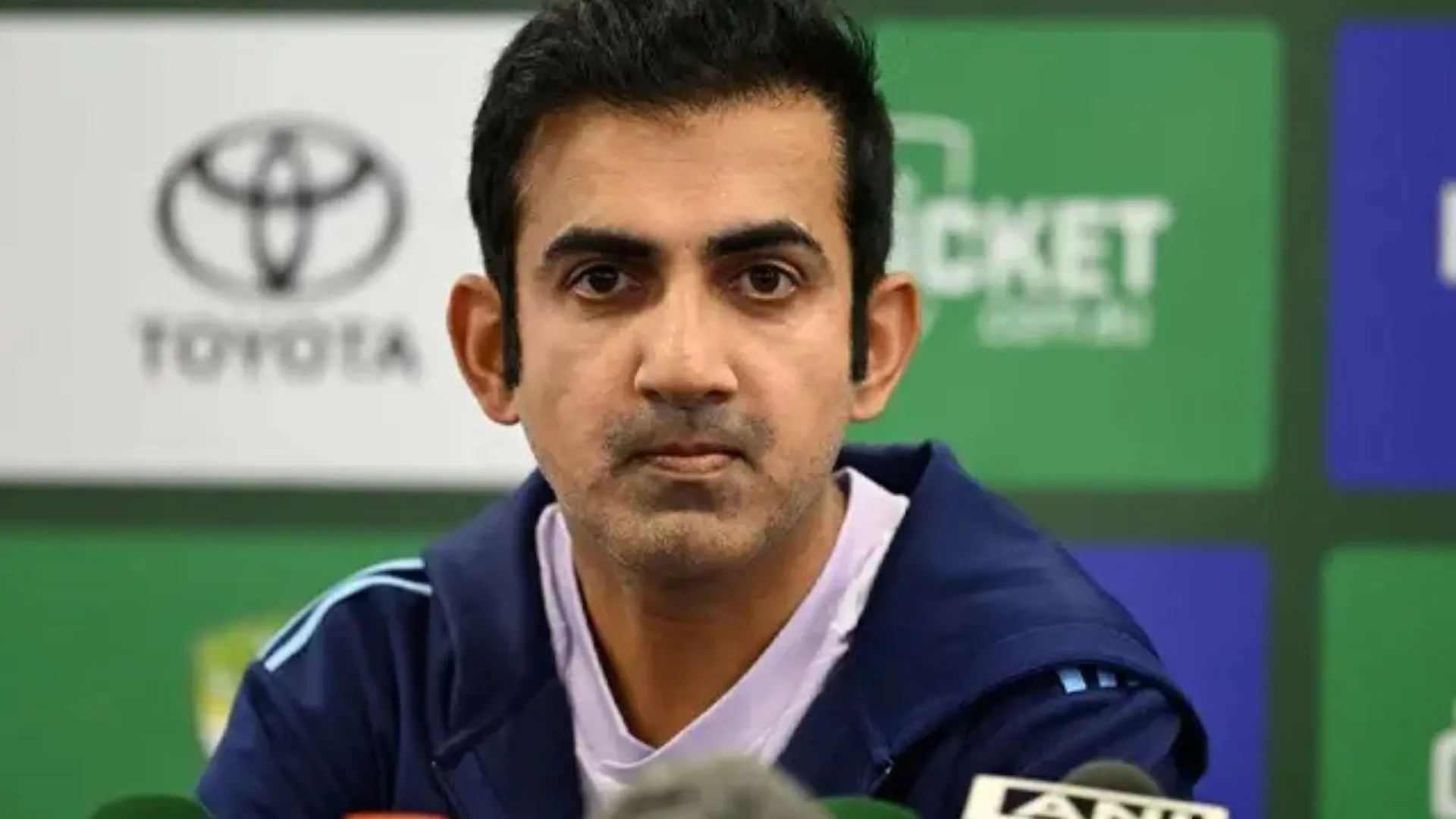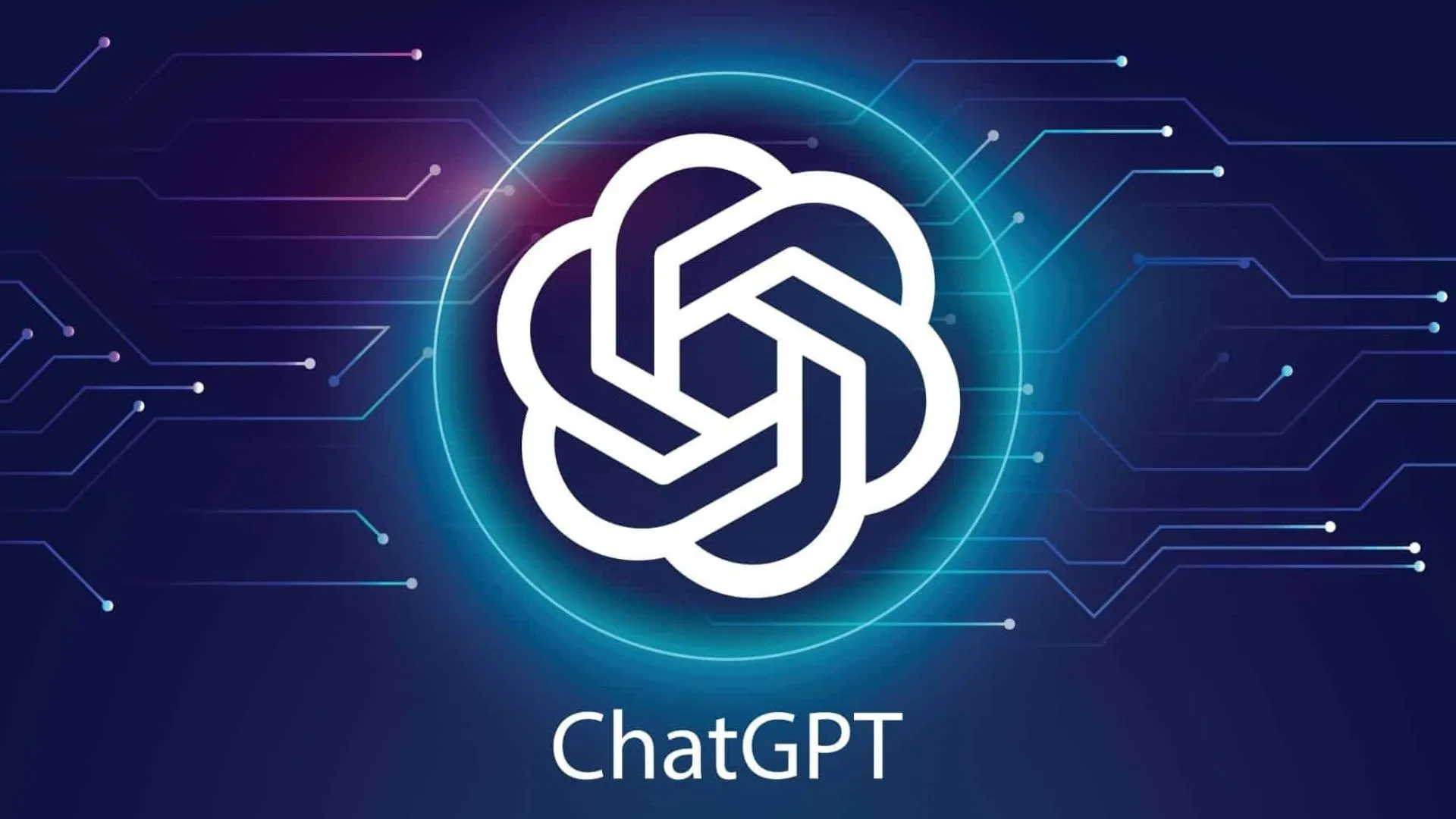The Indian government introduced a new amendment to the Information Technology (Intermediary Guidelines and Digital Media Ethics Code) Rules, 2021, or IT Rules, which gives the Ministry of Electronics and Information Technology (MeitY) unrestricted power to create a “fact check unit” to identify false or misleading online content.
Failure by social media intermediaries to prevent users from hosting or publishing flagged information may result in the withdrawal of their “safe harbour” immunity, which could expose them to criminal prosecution. This could have negative implications on freedom of speech and civil liberties in India.
The new regulation grants the Union government the power to determine what information is false and exercise censorship through intermediaries. This goes against the principles of free information and freedom of speech guaranteed by the constitution.
The spread of misinformation and fake news is a significant problem in the age of the internet. It can have serious consequences for individuals, communities, and even nations. In India, the government has attempted to address this issue through amendments to the IT Rules. However, concerns have been raised about the impact of these amendments on freedom of speech and expression.
What are the IT Rules?
The IT Rules derive their authority from the Information Technology Act, 2000, which provides legal recognition for electronic commerce.
Safe Harbour Provision:
The Act provides a “safe harbour” for intermediaries that observe due diligence in discharging their duties and follow guidelines prescribed by the state.
Intermediaries:
Section 79 of the Act grants immunity to intermediaries, as long as they follow due diligence and state-prescribed guidelines.
Intermediaries include social media platforms like WhatsApp, Twitter, Facebook, and Instagram.
First Originator:
The IT Rules impose obligations on intermediaries and require social media platforms to provide technological solutions to identify the first originator of any information on their service, under certain circumstances.
The IT Rules have been subject to several sets of challenges, and petitions are pending consideration in the Supreme Court of India.
What are the New Regulations?
The 2021 IT Rules replaced the previous guidelines and sought to regulate intermediaries and digital news media.
Social media platforms were required to provide technological solutions to identify the first originator of any information, risking privacy.
The amendments introduced in April 2023 give the government power to decide for itself what information is bogus and exercise wide-ranging powers of censorship by compelling intermediaries to take down posts deemed fake or false.
The new regulations threaten freedom of speech and civil liberties in India by restricting speech through executive order rather than legislation.
Article 19(1)(a) of the Indian Constitution grants every citizen the right to freedom of speech and expression, which can only be limited through reasonable restrictions made by law on the grounds stipulated in Article 19(2).
Fake news and misinformation are not grounds on which speech can be limited, and the amendments made to the IT Rules do not caveat the restraints they place in any manner.
The Fact Check Unit has limitless powers to decide what information is false and compel social media intermediaries to act based on these findings, which are open-ended and undefined.
What are the Concerns?
Lacks Clear Definitions:
The amendment fails to define fake news and allows the government’s fact-check unit to declare the veracity of any news “in respect of any business” that involves the state.
The use of undefined words, especially the phrase “any business”, gives the government unchecked power to decide what people can see, hear, and read on the internet.
Not a Standard Practice:
A comprehensive parliamentary legislation on fake news, grounded in Article 19(2), would have been a more constitutionally committed campaign against fake news.
In France, an independent judge is responsible for making declarations to counter the spread of misinformation during elections.
A lawfully enacted statute would have demanded consideration of less restrictive alternatives to removing misinformation.
Removable of Information:
Intermediaries will remove information deemed false by the Fact Check Unit, leaving only the state to determine what is true.
The new regulation gives the government the power to decide what information is bogus and exercise censorship by compelling intermediaries to take down posts deemed fake or false.
Lesser Rights:
The rights of the press and individuals to question authority and speak truth to power will be diminished, and civil liberties will be curtailed.



